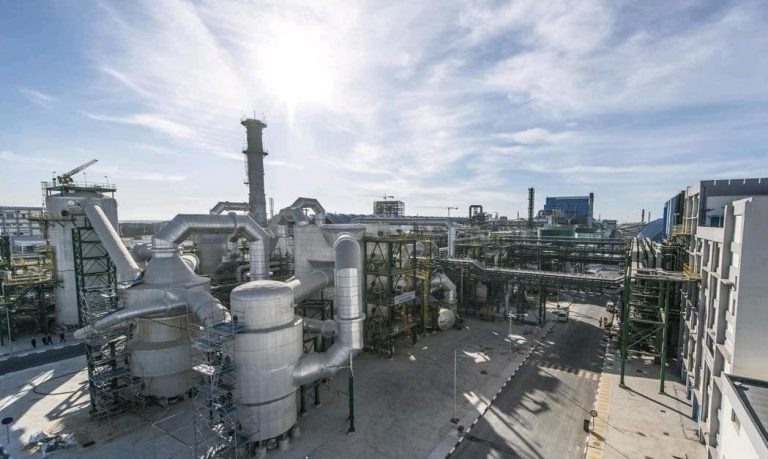
info.afrindex.com
China-Africa Trade Information Service

info.afrindex.com
China-Africa Trade Information Service

Image from Moroccoworldnews
In an interview, Managing Director of Morocco-based Nigeria OCP Mohamed Hettiti spoke about the unique partnership between Morocco and Nigeria that will secure both countries as leaders in fertilizer production.
Hettiti noted the symbiotic relationship between Morocco and Nigeria regarding fertilizer production.
Moroccan soil is rich in phosphate while Nigeria has an abundance of nitrogen. When combined, the materials create fertilizer which is a vital asset for global agricultural practices.
Historically, Nigeria has imported more fertilizer than it has exported. Hettiti stated that, “with partnership on the development of an industrial fertiliser plant, Nigeria will be an exporter of fertiliser.”
On the topic of the partnership’s impact on society, the director added, “This development will help reduce the pressure on the exchange rate as more foreign currency will be earned in addition to the jobs to be created.”
When asked about the potential economic growth for Nigeria, Hettiti spoke of Nigeria’s “huge and enormous potential” as stemming from the West African country’s “future projected population, land size, arable land, and, finally, the percentage of youth population.”
In 2006, the Nigerian government implemented the Nigeria Vision 20:2020 Plan to accelerate Nigeria’s ascent to the world’s top 20 economies by 2020. The plan focused on developing sectors such as society, economy, industry, and the environment.
Although the International Monetary Fund (IMF) ranked Nigeria’s GDP at 28th globally, Hettiti argues that Nigeria’s economic reforms have been largely successful.
OCP has promoted new initiatives such as the OCP Empowering African Youth (EMAY) project. EMAY is committed to “raising certified young Agricultural community leaders who are empowered with digital soil testing kits and electronic tablets to become agricultural experts who provide Agri-solution smallholder farmers.”
Hettiti announced the creation of two new blending plants based in Nigeria and estimated that they will be operational by the end of 2021.
Fertilizer production in Nigeria will benefit the country’s economy and strengthen the current relationship with Morocco as both actors seek to intensify the exchange of raw materials such as nitrogen, phosphates, ammonia, and more.